The brain circuits underlying motivation are critical for attention, learning, and decision-making. When these circuits have either not developed in a balanced and healthy way or have been chemically hijacked by addictions, challenging life circumstances can overpower the best of intentions. Programs intended to support parents and children facing adversity often find that participation is one of their greatest challenges. Dropping out of school and not participating in family support, job training, or addiction programs—all of these are reflections of motivation systems that have been disrupted by threat or hardship. Substantial scientific knowledge can inform the search for solutions by helping us understand what leads to these behaviors.
The Center for the Developing Child at Harvard University has published a brief that tackles the most effective ways to create a beneficial, healthy child care environment such as motivation-building supports and positive reinforcement.
To read the full brief, click here.



